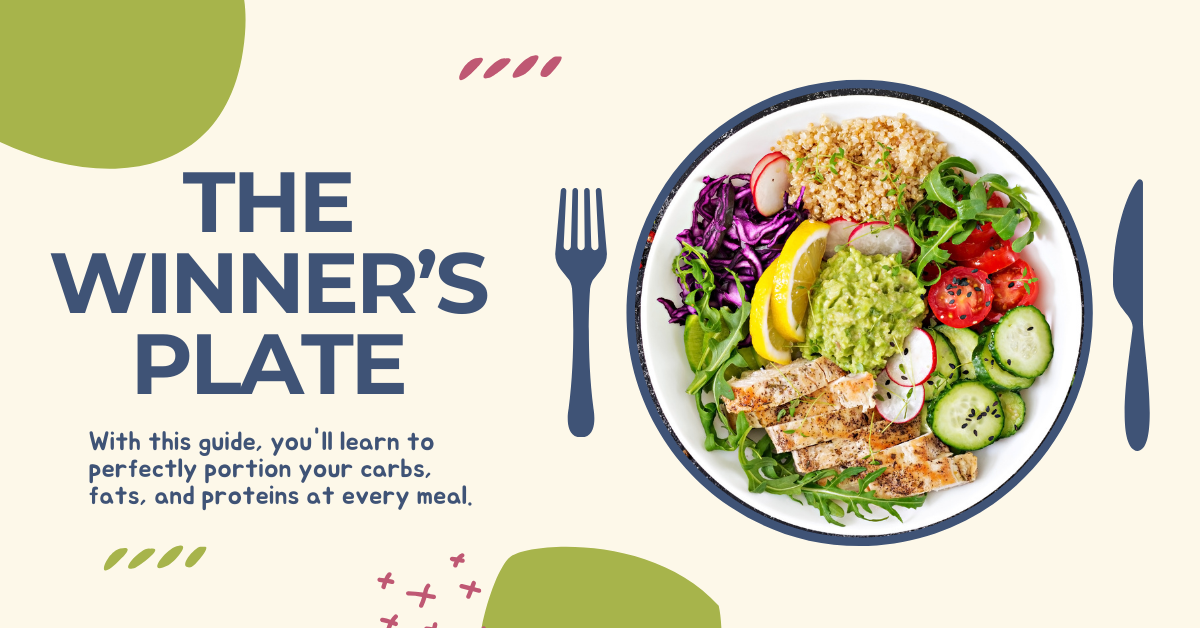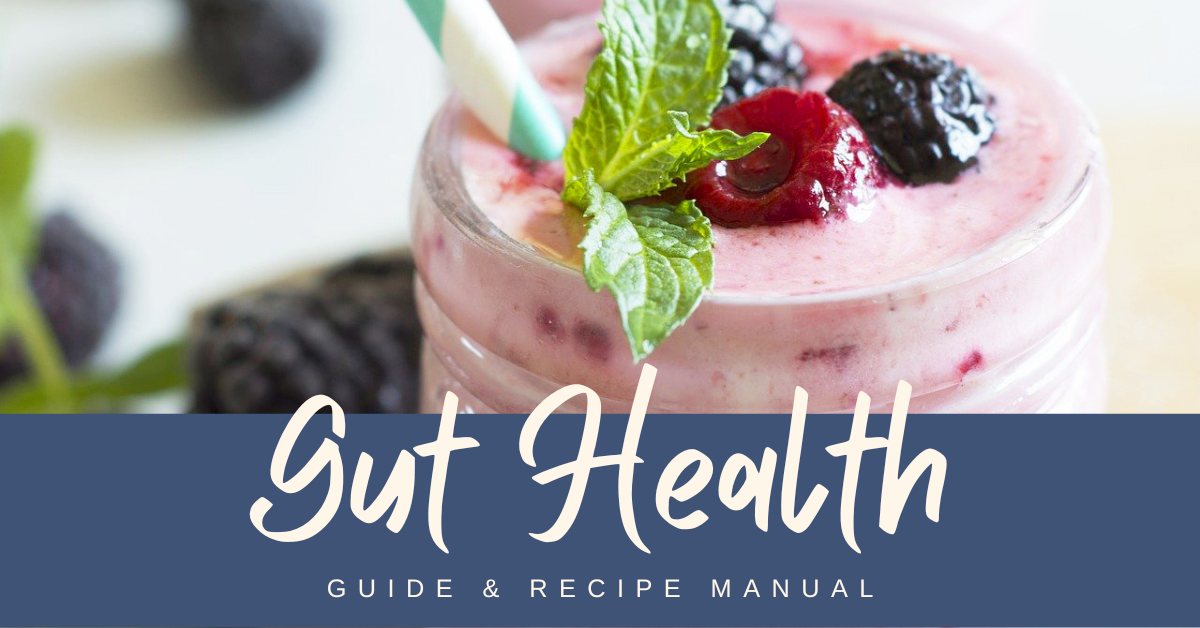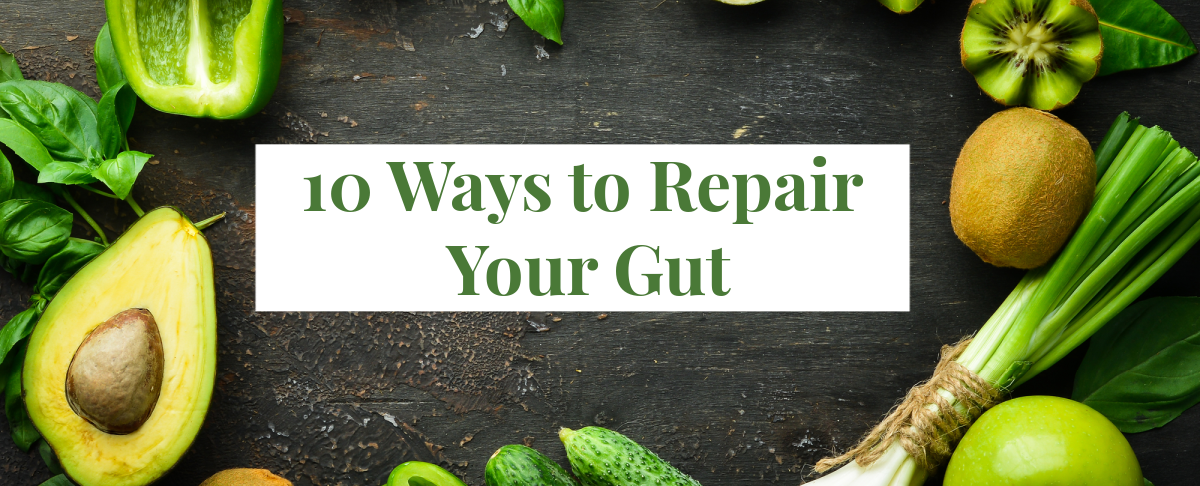
Nutrient Absorption for Gut Health
02/03/2024
You are what you eat…and absorb! Nutrient absorption for gut health is important to consider because it’s possible to eat a variety of highly nutrient-dense foods but not get the full benefit from their nutrients.
Optimizing nutrient absorption from food is essential for overall gut health. Good nutrition helps to maintain a healthy gut microbiome and supports the body’s natural defenses against disease.
There are several key vitamins and minerals that are particularly important for gut health and should be included in a well-rounded diet.
Vitamin C and its role in gut health
Vitamin C, also known as ascorbic acid, is an essential nutrient that is important for many functions in the body. It is a powerful antioxidant that helps protect cells from damage and is important for skin, bone, and connective tissue health.
Vitamin C also helps the body absorb iron from plant-based sources, supports the immune system, and plays a role in the synthesis of neurotransmitters.
In addition to its general health benefits, vitamin C is also important for gut health.
Vitamin C is an antioxidant that helps to maintain the integrity of the gut lining and supports the immune system.
The gut lining is lined with cells that produce and release ascorbic acid, which helps maintain the integrity of the gut lining and prevent leaky gut syndrome.

Leaky gut syndrome is a condition where the gut lining becomes damaged, allowing particles to leak into the bloodstream and potentially trigger an immune response.
Vitamin C supplementation has been shown to improve gut health by reducing oxidative stress, improving gut permeability, and supporting the growth of healthy gut bacteria.
However, it's important to keep in mind that while vitamin C can have beneficial effects on gut health, too much of it can have adverse effects. High doses of vitamin C can lead to digestive issues such as diarrhea and can also interfere with the absorption of certain nutrients.
It's best to consume vitamin C from natural sources such as citrus fruits, bell peppers, strawberries, and leafy greens, and to speak with a healthcare professional before starting any supplementation regimen
Iron and its impact on gut health

Iron is also important for gut health as it helps to maintain healthy red blood cells and supports oxygen delivery to the gut. Good sources of iron include red meat, poultry, and leafy greens.
Iron is an essential mineral that plays a crucial role in many physiological processes in the body.
It is a component of hemoglobin, the protein in red blood cells that carries oxygen from the lungs to the rest of the body.
Iron is also involved in the production of ATP, the body's primary energy source, and the regulation of cell growth and division.
In terms of gut health, iron is an important nutrient for maintaining the integrity of the gut lining and supporting the growth of healthy gut bacteria.
Iron helps regulate the release of mucus in the gut, which forms a barrier that protects the gut lining from damage and prevents harmful bacteria from adhering to the gut wall.
In addition, iron is involved in the production of short-chain fatty acids, which are important for maintaining the health of the gut microbiome.
However, it's important to keep in mind that too much iron can also have negative effects on gut health. Excessive iron levels can lead to oxidative stress and inflammation, which can contribute to the development of conditions such as irritable bowel syndrome (IBS) and inflammatory bowel disease (IBD).
It's best to consume iron from natural sources such as red meat, poultry, and leafy greens, and to speak with a healthcare professional before starting any supplementation regimen. It's also important to have iron levels regularly checked, as too much iron can lead to serious health problems such as liver disease and heart disease.
Vitamins A, D, E, and K: their role in gut health
Vitamins A, D, E, and K are also essential for gut health.
Vitamin A helps to maintain the integrity of the gut lining and supports the immune system, while vitamin D helps to regulate the immune system and support bone health.
Vitamin E is an antioxidant that helps to protect the gut lining and supports healthy skin and eyes.
Good sources of vitamin A include sweet potatoes, carrots, and spinach, while good sources of vitamin D include fatty fish, mushrooms, and egg yolks.

The benefits of lycopene for gut health
Lycopene, a powerful antioxidant, is also important for gut health. Lycopene has been shown to have anti-inflammatory effects, which can help to protect the gut lining and improve gut health.
In addition, lycopene has been found to have a beneficial impact on gut microbiome diversity, promoting a healthy balance of gut bacteria.
Research has also shown that lycopene can help to reduce the risk of certain types of cancer, including gastric and colon cancer.
This is due to its antioxidant properties, which help to neutralize harmful free radicals that can damage cells and contribute to the development of cancer.
Good dietary sources of lycopene include tomatoes, watermelon, and pink grapefruit. Incorporating these foods into your diet can help to optimize gut health and reduce the risk of certain types of cancer.
It's important to note that lycopene is more easily absorbed by the body when it is consumed with a source of healthy fat, such as olive oil, so consider adding a drizzle of olive oil to your tomato-based dishes.

Calcium and its impact on gut health
Calcium is a crucial mineral for gut health and plays a vital role in maintaining a healthy gut microbiome. It helps regulate the contractions of the digestive muscles, which ensures the efficient movement of food through the gut and supports the proper elimination of waste.
Calcium also helps balance the pH levels in the gut, which is important for maintaining a healthy gut environment. It is also important for bone health and helps to regulate the immune system.
Furthermore, calcium has a beneficial effect on the gut microbiome by promoting the growth of beneficial bacteria and suppressing the growth of harmful bacteria.
A diet that is adequate in calcium has been shown to improve gut health and reduce the risk of gastrointestinal diseases. Good sources of calcium include dairy products, leafy greens, and fortified plant-based milk.

It is important to get enough calcium in the diet to support optimal gut health.
To optimize nutrient absorption for gut health from food, it’s important to choose a variety of nutrient-rich foods and to eat a balanced diet. It’s also important to eat at regular intervals and to avoid skipping meals or overeating. Eating slowly and chewing your food well can also help to improve nutrient absorption.
More strategies for optimizing nutrient absorption from food.
In addition to a healthy diet, there are other strategies that can help to optimize nutrient absorption from food. One such strategy is to support the gut microbiome by consuming probiotics and prebiotics.
Probiotics are beneficial bacteria that can help to balance the gut microbiome, while prebiotics are indigestible fibers that help to feed the beneficial bacteria in the gut.
Another strategy is to avoid consuming excessive amounts of processed foods, sugar, and unhealthy fats, as these can contribute to gut inflammation and alter the gut microbiome.
Additionally, excessive alcohol consumption, stress, and lack of sleep can also have negative effects on gut health.
Final Words on Nutrient Absorption For Gut Health
In conclusion, optimizing nutrient absorption from food is essential for overall gut health. By choosing a variety of nutrient-rich foods, eating at regular intervals, and avoiding processed foods, sugar, and unhealthy fats, you can help to support your gut microbiome and improve nutrient absorption.
Additionally, supporting the gut microbiome with probiotics and prebiotics and avoiding excessive alcohol consumption, stress, and lack of sleep can also help to improve gut health.
PS. Be sure to join my free healthy online community! Join here.
If you enjoyed this post Nutrient Absorption for Gut Health share it and comment please =)
Featured Download
Keep your gut healthy! Download my newest ebook The Top 10 Ways to Repair Your Gut and see results quickly inside and out! It will give you the tools you need to start seeing your body gain back its life, its energy, and its potential
Comments
Must be Logged In to leave comments.
Search

The Winner's Plate
Are you ready to take control of your nutrition and simplify your meals? The Winners Plate Guide is your recipe for balanced eating, and it's available now! Don't miss out on your chance to make healthy meals simple and tasty again.

Gut Health Guide & Recipe Manual
Download our Gut Health Guide and Recipe Manual today to discover more delicious and nutritious recipes that support good gut health.
This comprehensive guide includes tips and tricks for promoting gut health, and recipes packed with prebiotics and probiotics to keep your digestive system functioning at its best.

Meal Prep Guide
Finally, a meal prep plan that's made for your busy lifestyle! You love food, but hate spending time cooking? You're busy, but care about what you put in your body? I've cracked the code on healthy eating, the EASY way.

10 Ways to Repair Your Gut
Get the tools you need to start seeing your body regain its life, energy, and potential. You have so much life to live, and so much more to experience in this beautiful world. Don’t let years of not taking care of your body stop you from living your best life.